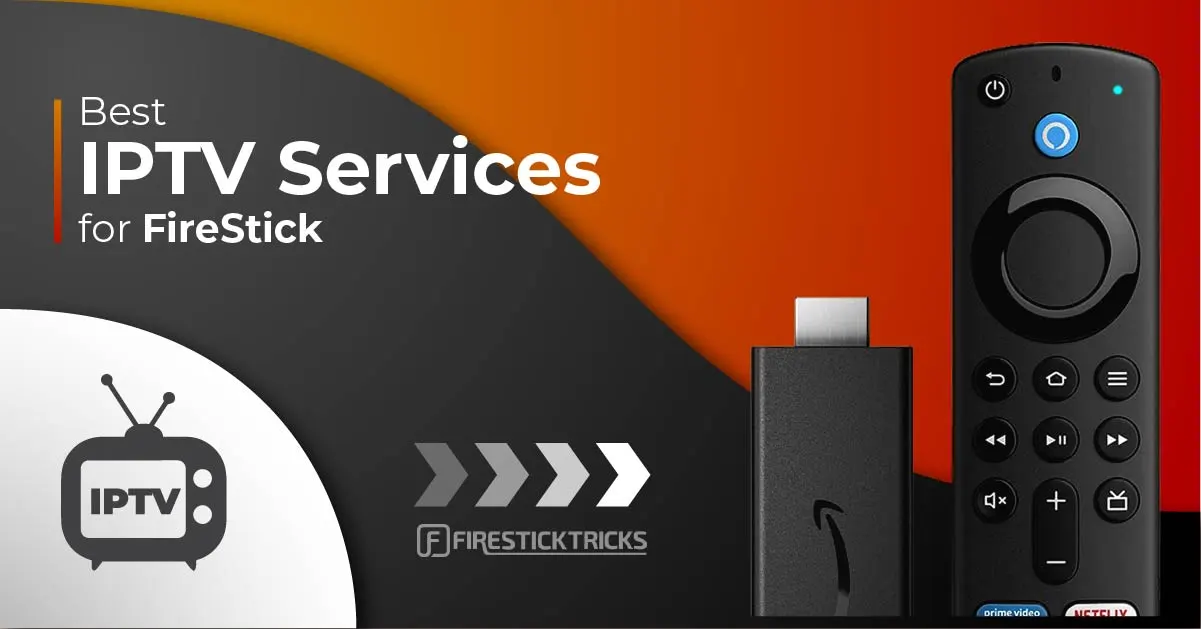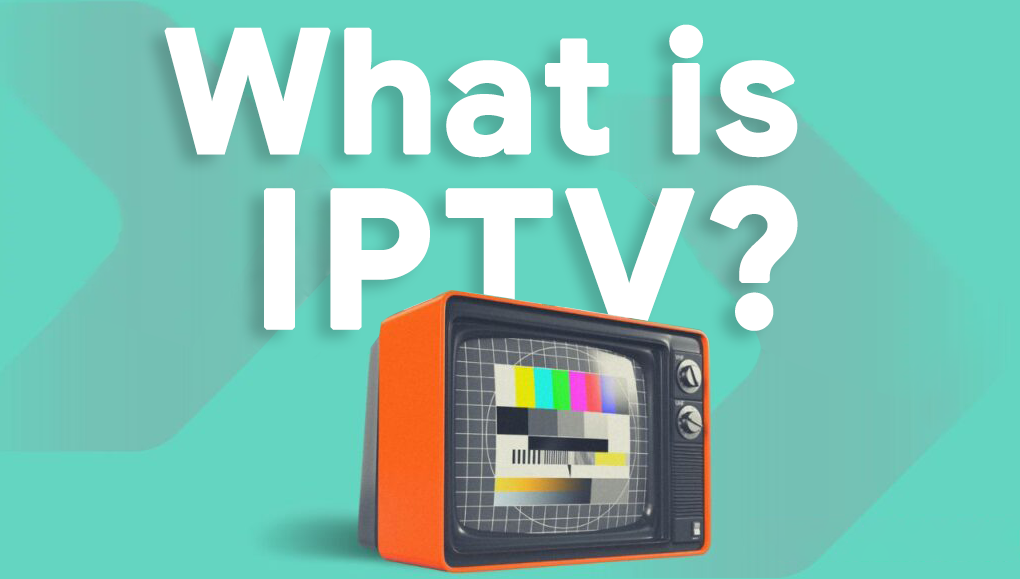IPTV vs. Cable TV-- Which One is Right for You?
IPTV vs. Cable TV-- Which One is Right for You?
Blog Article
How IPTV Works: Your Complete Overview to Streaming TV Online
IPTV, or Net Method Television, represents a significant change in just how we consume television material, moving away from typical broadcasting approaches to a much more adaptable, internet-based strategy. By utilizing a client-server design, IPTV makes it possible for users to access a huge selection of shows with electronic packets transferred over broadband connections.
What Is IPTV?
In the realm of electronic media, IPTV, or Internet Protocol Tv, stands for a transformative method to delivering television web content. Unlike conventional broadcasting techniques, which rely upon terrestrial, satellite, or cable television systems, IPTV uses net method to stream material straight to gadgets such as smartphones, tablet computers, and tvs. This technology allows customers to access a wide range of programming through high-speed net links, supplying adaptability and benefit.
IPTV can be categorized into three key solution models: real-time tv, video on need (VOD), and time-shifted tv. Live television allows customers to see broadcasts in real-time, while VOD gives access to a collection of material that can be checked out at the customer's comfort. Iptv. Time-shifted tv allows audiences to see programs at their preferred time, even if they initially broadcast real-time
Furthermore, IPTV usually incorporates interactive attributes, such as digital program guides and video recording capabilities, improving the watching experience. As consumers progressively require customized content and on-demand solutions, IPTV sticks out as a compelling solution, improving the television landscape and offering unmatched choices for audiences worldwide.
Just How IPTV Works
The smooth assimilation of innovation and individual experience specifies how IPTV runs. Internet Protocol Television (IPTV) supplies television programming and other multimedia web content through web protocols, rather than typical terrestrial, satellite, or wire formats. This procedure involves encoding video clip web content into electronic packets that are sent over a broadband net connection.
IPTV commonly uses a client-server version where web content is saved on a server and sent to the individual's tool-- such as a smart TV, computer, or mobile phone-- upon demand. The content shipment is promoted with a set-top box or an application that deciphers the inbound data and presents it on the screen. Notably, IPTV runs on a live or on-demand basis, allowing users to access a vast selection of networks and shows.
An essential facet of IPTV is its reliance on a robust broadband connection, which guarantees smooth streaming and top quality video clip playback. Additionally, IPTV systems often integrate advanced features such as digital program overviews (EPGs), time-shifting, and video-on-demand (VOD), improving the checking out experience. Overall, IPTV represents a significant development in exactly how customers take in television material, leveraging the power of the internet for boosted ease of access and flexibility.
Benefits of IPTV
While typical television techniques commonly restrict viewer selections and access, IPTV uses countless benefits that improve the total viewing experience. Among the key benefits is the substantial range of content readily available. Audiences can access a huge library of channels, on-demand programs, and movies, tailored to individual choices.
Furthermore, IPTV supports numerous tools, enabling users to stream material on smart devices, tablet computers, clever TVs, and computer systems. This versatility ensures that viewers can enjoy their favored programs anytime and anywhere, as long as they have an internet link. Furthermore, IPTV commonly includes interactive components, such as pause, document, and rewind capabilities, giving users with greater control over their checking out behaviors.
Cost-effectiveness is another notable advantage. Many IPTV services supply affordable pricing compared to standard try here cord subscriptions, frequently without covert fees or long-term agreements. This price makes it much easier for consumers to discover numerous channels and material without considerable monetary dedications.
Finally, IPTV generally flaunts superior photo quality, including high-def and 4K options, boosting the overall viewing experience. Jointly, these benefits make IPTV a compelling selection for contemporary viewers looking for adaptability, variety, and top quality in their amusement choices.
Kinds Of IPTV Solutions
IPTV solutions can be classified right into numerous unique kinds, each accommodating various customer demands and preferences. Check Out Your URL The primary groups include live television, on-demand material, and time-shifted IPTV.
Online television IPTV uses real-time streaming of broadcast channels, enabling visitors to enjoy programs as they air. This service closely resembles traditional cable, providing access to a series of networks, consisting of news, sporting activities, and home entertainment.
On-demand IPTV, on the other hand, allows users to pick and enjoy content at their ease. This includes flicks, collection, and docudramas that can be streamed whenever the visitor picks, using adaptability and personalization.
Time-shifted IPTV integrates elements of both on-demand and live services. It enables audiences to pause, rewind, or record live broadcasts, giving them the ability to manage their checking out experience. This solution is specifically helpful for those with active timetables, as it accommodates customers who might miss real-time broadcasts.

Setting Up IPTV
Setting up IPTV includes numerous vital actions to guarantee a smooth watching experience. Initially, you need a stable web link, ideally a broadband service with a minimal speed of 10 Mbps for conventional meaning and at the very least 25 Mbps for hd streaming. This makes sure marginal buffering and a smooth playback.
Next, pick an IPTV provider. Research different alternatives, contrasting their network offerings, pricing, and customer reviews. You generally receive login credentials and a web link to access the IPTV service. when you have actually chosen a service provider.
To begin streaming, you'll require a compatible device - Iptv. Many IPTV services can be accessed via Smart Televisions, streaming boxes like Roku or Amazon Fire TV, computer systems, or mobile gadgets. Download and install the corresponding app or software application for your chosen platform
After installment, visit using your qualifications and set up any type of essential settings, such as parental controls or network choices. Lastly, attach your gadget to your tv via HDMI, and you prepare to take pleasure in a large variety of networks and on-demand web content. Regularly check for Recommended Site software updates to improve performance and safety and security, guaranteeing an optimum IPTV experience.
Verdict

IPTV, or Internet Protocol Television, represents a substantial change in how we take in tv material, relocating away from conventional broadcasting methods to an extra adaptable, internet-based technique.In the world of digital media, IPTV, or Net Method Tv, represents a transformative strategy to delivering television material.IPTV can be classified right into 3 key service designs: real-time television, video on need (VOD), and time-shifted television. Net Procedure Tv (IPTV) supplies tv programming and various other multimedia material by means of net methods, instead than traditional terrestrial, satellite, or cable television formats. In general, IPTV stands for a considerable development in exactly how audiences consume television web content, leveraging the power of the net for improved access and flexibility.
Report this page